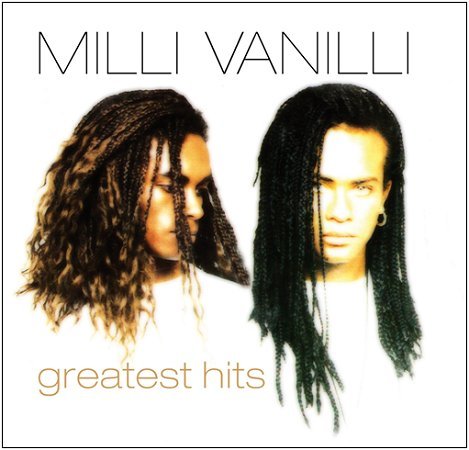Money may make the world go round, but “controversy” comes in a close second.
The most popular public personas in society are usually the most polarizing. It could be their speech, conduct, or opinions; there is something about them that engenders a groundswell of ardent support. A person or show can spawn a legion of devoted followers while simultaneously inspiring a tidal wave of opposition.

Love ‘em or hate ’em, you’re tuning in.
American Idol offers a good example of the power of controversy.
Television shows like Star Search introduced Americans to the “talent audition” genre, but Simon Cowell-led American Idol redefined it. His verbal jabs and scathing assessments of American Idol hopefuls created “must-watch” television. Paired with the relatively muted opinions of Randy Jackson and Paula Abdul, Simon’s presence gave viewers unrivaled experience.
When Simon left to pursue other projects, much of American Idol’s luster went with him. A slew of celebrity judges have been tapped to fill his seat. The show is still a television ratings heavyweight but it’s not nearly as popular as it was with Simon Cowell.
The NCAA Basketball Tournament is another example of the appeal of controversy and conflict.
Big schools with long-standing, emotionally-charged rivalries, notable alumni, and cheering sections that rival small countries drive ratings. NCAA tournament viewership is highest when the traditional basketball powers (Duke, UNC etc.) make it deep into the tournament. Mid-majors like the 2008 George Mason and 2011 Butler teams make for great stories, but they don’t generate the ratings—and money—that a Duke or UNC does.
These schools are often led by coaches with controversial, larger-than-life personalities that both endear and infuriate sports fans around the country.

Bob Knight is more famous for throwing chairs than being the (former) most winningest coach in NCAA history.
Television ratings reflect the interests and values of a society. Passion, be it love or hate, will always trump apathy when it comes to garnering attention.
One positive byproduct of sustained controversy is a natural barrier to entry for your position. It’s very difficult for a network/company/organization to replace you without harming or drastically altering its product.
Few people are willing or able to withstand continued public criticism. Most would rather play it safe by molding their behavior and on-the-record comments to what’s socially and politically fashionable. As a result, many public personalities are easily interchangeable.
Embracing controversy offers a significant advantage over your competition. Zealous appeal to any demographic is important for industries that relies on attracting viewership (e.g. news media, entertainment industry). All the more reason to place yourself in situations where your strengths and interests are utilized and your weaknesses are minimized.
Warning: Being controversial for the sake of being controversial/attention seeking is neither recommended/suggested or sustainable. Once you get attention, you have to provide something to keep it. There should be some merit to your position; all publicity is not good publicity.
There are enough shock-jocks, political demagogues, and attention-seekers whose antics are so outlandish and artificial that they are universally-despised and dismissed.

Nobody likes a poser.
Will there be people that dislike your opinions and conduct?
Sure.
But there will be plenty who agree with you and want to hear more. The world has a special respect for those who embrace authentic controversy.
The ability to understand and relate to people is the foundation for success in both life and business. When you actively avoid offending people, you prevent yourself from forming genuine relationships. How can anyone get to know the real you if you spend your life hiding behind a mask? “Provocative and pointed” beats “bland and inoffensive” any day; nobody wants to buddy up with an empty suit.
When you are willing to be yourself, life is much more fulfilling.
